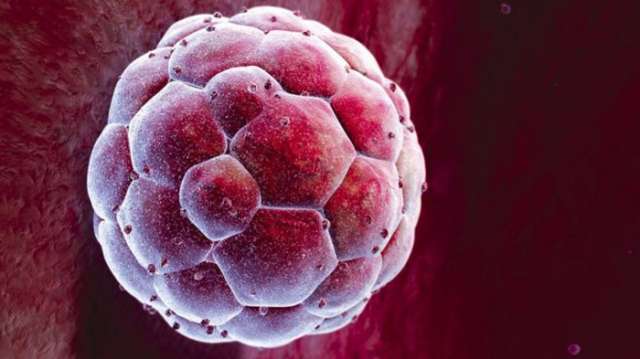The embryos would not be implanted into the womb.
The government`s fertility watchdog, the Human Fertilisation & Embryology Authority (HFEA), said it had received the application, which would be looked at in due course.
In the UK, it is illegal to use gene editing of embryos in IVF treatment, but it is permissible for research purposes, under a licence.
"We have recently received an application to use Crispr/Cas9 (gene editing) in one of our licensed research projects, and it will be considered in due course," said a spokesperson.
The aim of the research is to understand the genes human embryos need to develop in the hope of improving treatments for infertility and miscarriage.
The research leader, Dr Kathy Niakan, said: "Importantly, in line with HFEA regulations, any donated embryos would be used for research purposes only.
"These embryos would be donated by informed consent and surplus to IVF treatment."
Group leader of the institute, Prof Robin Lovell-Badge, added that any use of the technique for altering the genes of embryos intended for reproduction would be "foolish" at this stage.
"We are fortunate to have good regulations in the UK that permit research with a licence, but not the implantation of any embryo that has had its genome modified," he said.
Moratorium
Scientists say the new technique, called Crispr/Cas9, means that genomes can be manipulated in a more precise way than before.
However, there have been calls for a moratorium on such research, amid moral and ethical concerns.
Earlier this year, Chinese scientists announced that they had genetically manipulated human IVF embryos for research purposes, for the first time known.
The US later imposed a moratorium on federally-funded research in this area.
In the UK, experts recently called for debate on whether editing human embryos would ever be justified in the clinic.
Weeks later a group of influential scientists belonging to the Hinxton Group said it did not approve of GM babies being born yet, but it could one day become morally acceptable.
More about:
















































